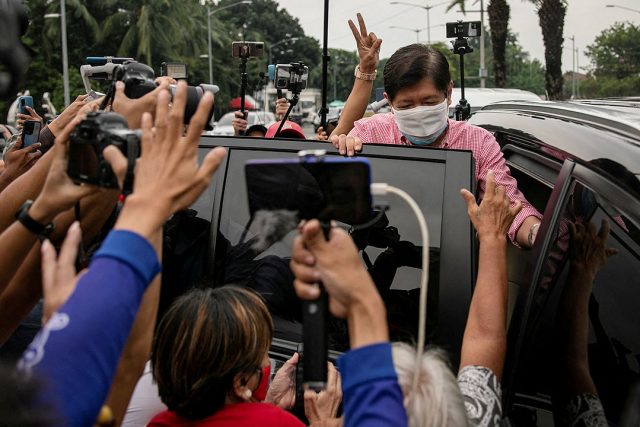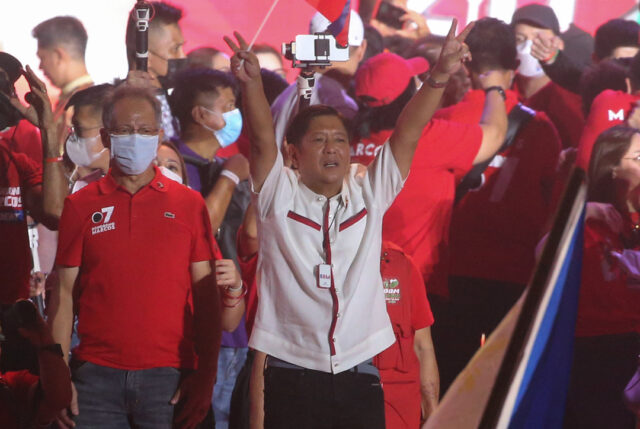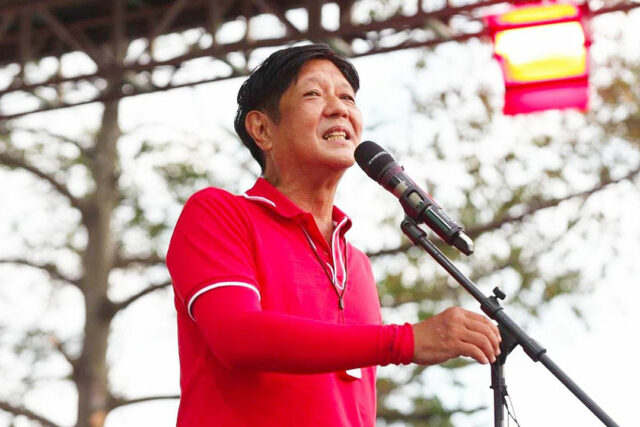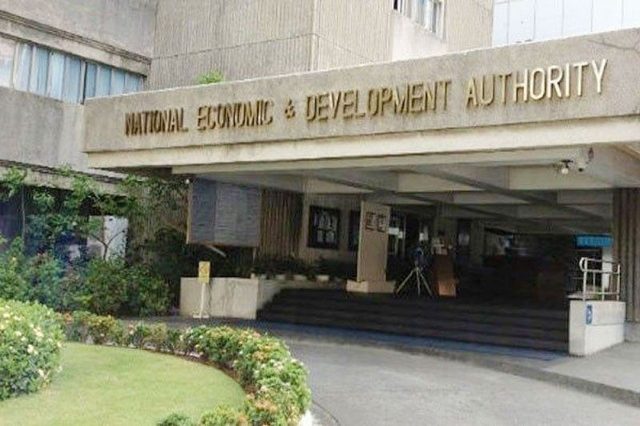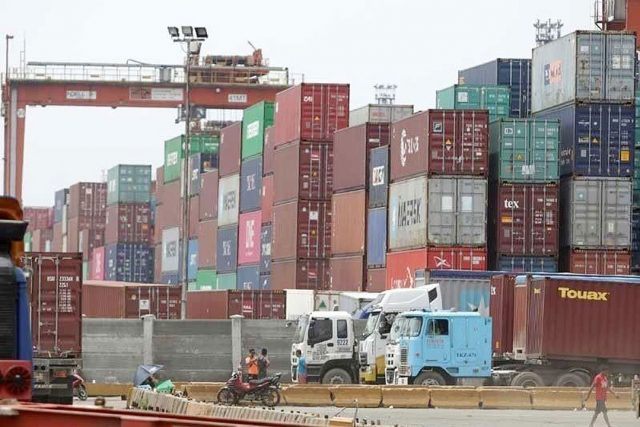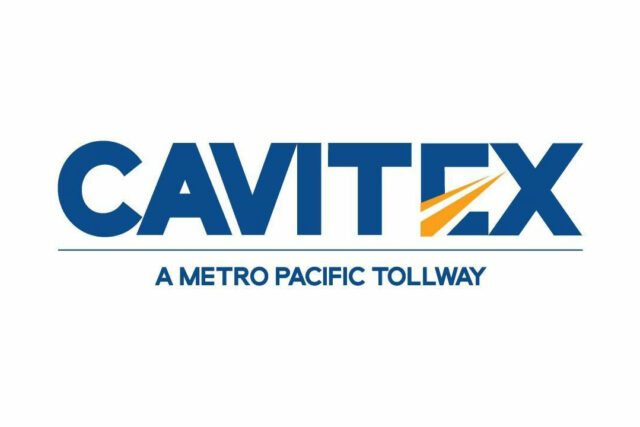China’s Xi seeks stronger ties under Marcos rule
CHINESE President Xi Jinping on Wednesday spoke with presumptive Philippine President Ferdinand R. Marcos, Jr. on the phone and called him “a builder, supporter and promoter” of friendship between the two neighbors, according to the Chinese Embassy in Manila.
The two leaders had a phone conversation where the Chinese leader congratulated Mr. Marcos for his landslide victory in this year’s election. They also talked about bilateral ties and regional development, it added.
“Citing a Philippine saying ‘If you do not know where you have come from, you cannot go far,’ Xi urged both countries to carry forward the friendship of the two sides and stay true to their original aspiration,” the embassy said on its Facebook page.
Both houses of Congress are set to count the votes for president and vice-president on May 23, but unofficial tallies showed Mr. Marcos, more popularly known as Bongbong, headed for a landslide win.
Mr. Marcos is set to clinch a remarkable comeback for his family, and he will be the first candidate to win a majority in a Philippine presidential election in recent history.
Mr. Marcos fled into exile in Hawaii with his family during a February 1986 “people power” street uprising that ended his father’s autocratic 20-year rule. He has served as a congressman and senator since his return to the Philippines in 1991.
“President Xi said the two countries should also grasp the general trend, write a grand story on the China-Philippines friendship in the new era and follow through the blueprint for bilateral friendly cooperation, so as to usher in an even brighter future for the bilateral ties,” the Chinese Embassy said.
Mr. Marcos during the campaign period said President Rodrigo R. Duterte’s nonconfrontational stance on the sea dispute with China was “the right way.” He also said he would pursue an independent foreign policy.
Last week, the embassy called Mr. Marcos to congratulate him, expressing confidence about stronger ties between the two nations under his six-year rule.
China on Wednesday said it would continue bilateral relations with the Philippines as the country transitions to a new government.
Foreign Ministry spokesman Zhao Lijian in a statement said China would stay committed to the friendship of both nations, focus on post-pandemic growth, expand cooperation and bring more tangible benefits to both parties.
“China congratulated the Philippines on the smooth presidential election,” he said. “Our congratulations also go to the leading candidates.”
“We hope and believe that various political forces in the Philippines will continue to work in solidarity for national renewal and development,” he added.
Mr. Marcos is expected to keep the country’s close ties with China, which Mr. Duterte started.
Mr. Duterte had ignored the country’s arbitral victory against China in exchange for infrastructure pledges from its neighbor. The tough-talking leader also agreed to pursue a joint exploration with China in the South China Sea.
The South China Sea, a key global shipping route, is subject to overlapping territorial claims involving China, Brunei, Malaysia, the Philippines, Taiwan and Vietnam. Each year, trillions of dollars of trade flow through the sea, which is also rich in fish and gas.
The Philippine Department of Energy (DoE) last month suspended oil exploration activities in the South China Sea, a month after Mr. Duterte said he had received a warning from China after word spread that some companies had plans in the Reed Bank, locally known as Recto Bank.
Service Contracts (SC) 72 and 75 were put on hold. The Sampaguita gas field is within SC 72 or the Recto Bank basin concession.
The Security, Justice and Peace Coordinating Cluster has taken into account the political, diplomatic and national security implications of any activity in the South China Sea, DoE said.
The tough-talking leader said he was reminded by someone from China to honor their joint exploration agreement if the Philippines did not want to suffer the consequences.
PXP Energy Corp., the operator under SC 75, and its subsidiary Forum Energy Ltd., the operator under SC 72, has invoked a force majeure, canceling drilling activities in Sampaguita scheduled this year.
Before the latest force majeure, the DoE had given Forum Energy until Oct. 16 to drill its two commitment wells in Sampaguita at a cost of $100 million (P5.2 billion).
Economic and maritime experts have warned that halting oil exploration activities in parts of the South China Sea claimed by the Philippines would push companies to rethink their investments in the area.
They issued the warning after the DoE ordered listed PXP Energy Corp. to put on hold its exploration activities in its service contracts until it gets a clearance from a Cabinet cluster overseeing diplomatic and national security concerns. — Norman P. Aquino

